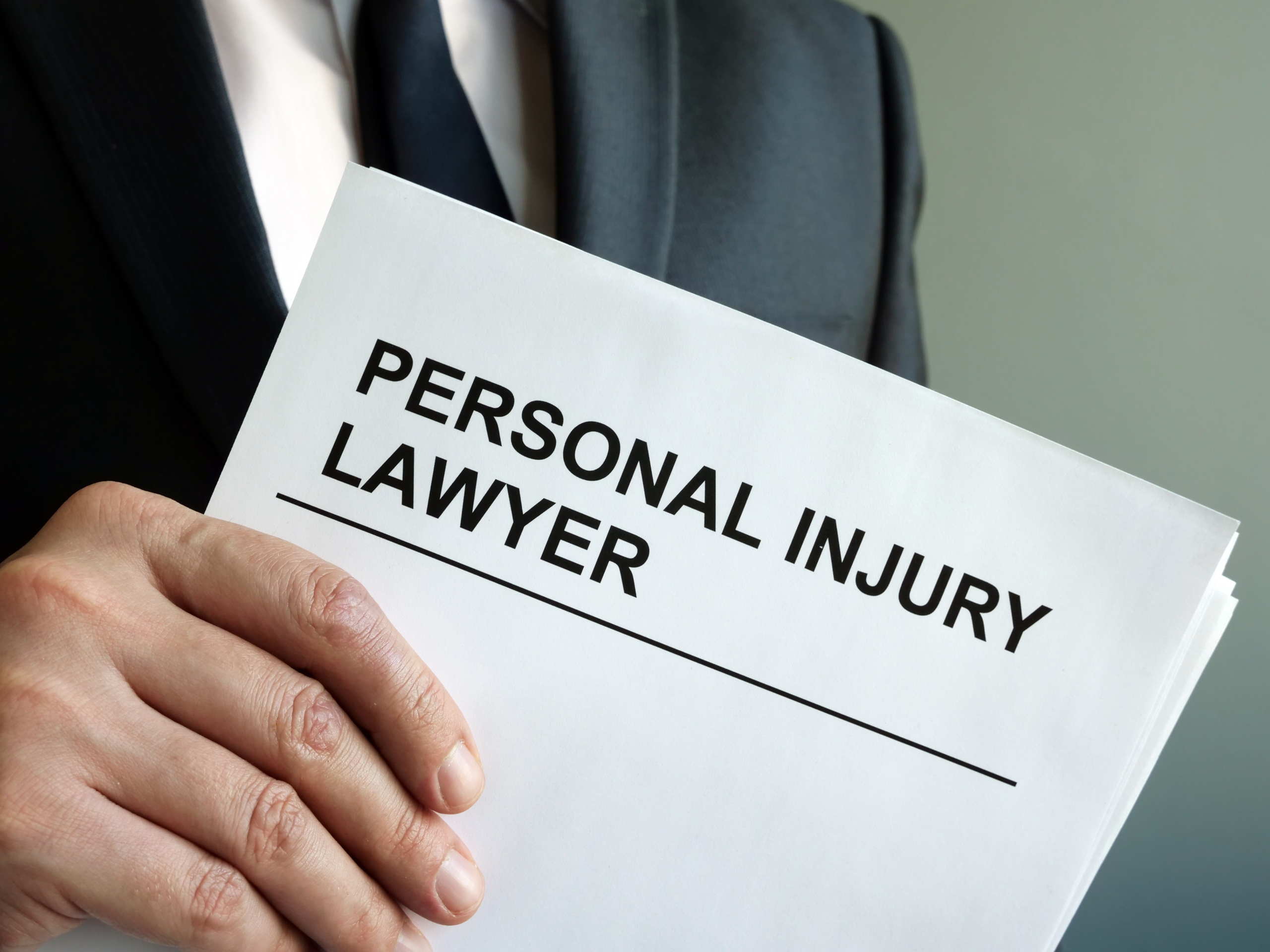Now Reading: Understanding the Basics: What Is Personal Injury Law and How Does It Work?
-
01
Understanding the Basics: What Is Personal Injury Law and How Does It Work?

Understanding the Basics: What Is Personal Injury Law and How Does It Work?
Introduction
Personal injuries possess the capacity to deeply affect individuals, resulting in significant difficulties in their physical, emotional, and financial well-being. When these injuries are caused by the negligence of others, it becomes essential to comprehend the fundamental principles of personal injury law, as it presents an avenue for the affected parties to seek rightful justice. Within this blog post, we will explore vital aspects of it, encompassing its objectives, key elements, and the legal procedures entailed in the pursuit of compensation for personal injury claims.
What Is Personal Injury Law?
Personal injury law, falling within the purview of civil law, primarily focuses on resolving legal disputes that arise when injuries are caused by the negligence, recklessness, or intentional misconduct of another individual or entity, according to Tru Law CA. Its fundamental purpose is to ensure that victims receive suitable compensation for the damages they have suffered, enabling them to recover physically, emotionally, and financially.
Key Elements of Personal Injury Law
To better understand personal injury law, it’s important to be familiar with its key elements:
- Duty of Care: The concept of duty of care holds significant importance in personal injury lawsuits, as it encompasses the legal obligation of individuals or organizations to conduct themselves in a manner that does not cause harm to others. For example, drivers bear the responsibility of operating their vehicles safely and avoiding actions that could endanger others.
- Negligence: Negligence holds a significant role in personal injury cases, serving as a key element. It arises when an individual fails to fulfill their duty of care, resulting in harm or injury to another person. Proving negligence requires establishing four essential elements: duty of care, breach of duty, causation, and damages.
- Causation: Causation assumes a critical role in establishing the link between the defendant’s breach of duty and the injuries sustained by the plaintiff. It is essential to demonstrate that the harm suffered by the plaintiff directly stemmed from the actions or omissions of the defendant.
- Damages: Damages encompass the various losses experienced by the plaintiff due to the injury. These losses may include medical expenses, lost wages, pain and suffering, emotional distress, and property damage. Personal injury law aims to provide compensation for them incurred by the plaintiff.
How Does Personal Injury Law Work?
Personal injury cases generally follow a similar sequence of events:
- Consultation with an Attorney: Commencing the process involves seeking guidance from a specialized personal injury attorney who possesses expertise in this specific area of law. They will assess the case, collect pertinent evidence, and offer valuable legal advice on determining the most favorable course of action.
- Investigation: The attorney will investigate the circumstances surrounding the injury, collect evidence, and identify liable parties. This may involve reviewing medical records, gathering witness statements, and consulting with experts if necessary.
-
Filing a Claim: After the completion of the investigation, the
attorney, such as a personal injury lawyer Richmond VA, will proceed to file a personal injury claim on behalf of the victim, which will detail the injuries suffered, establish the defendant’s negligence, and specify the damages being sought. - Negotiation and Settlement: In numerous instances, the opposing party or their insurance company may seek to resolve the claim through an out-of-court settlement. Consequently, the attorney will engage in negotiations on behalf of the victim, aiming to secure a just settlement that adequately compensates for their damages.
- Litigation: If an agreement cannot be reached through settlement negotiations, the case may progress to trial. In such instances, the attorney will diligently prepare a robust legal strategy, present compelling evidence, and advocate for the rights of the victim within the courtroom.
- Judgment and Compensation: If the case is resolved in the victim’s favor, the court will carefully determine the suitable amount of compensation the victim is entitled to receive. This assessment involves considering multiple factors, including the extent of the injuries, the impact on the victim’s life, and other relevant considerations. The awarded compensation can change accordingly.
Conclusion
Personal injury law establishes a legal structure to support individuals who have sustained injuries due to the negligence of others. Having a solid grasp of its objectives, such as duty of care, negligence, causation, and damages, is essential when seeking a favorable claim outcome. By seeking guidance from an experienced personal injury attorney and navigating the legal procedures, victims can pursue compensation to aid in their recovery process and take steps toward rebuilding their lives.










